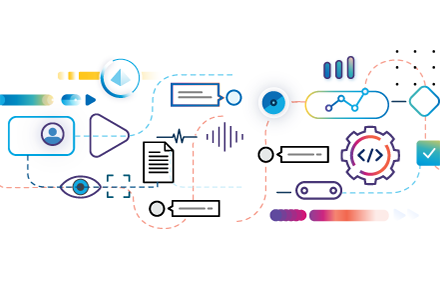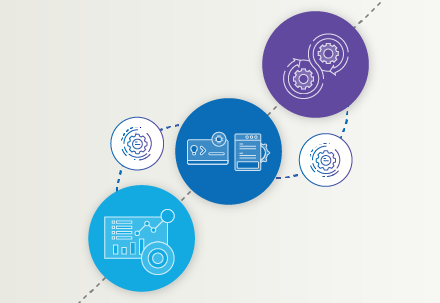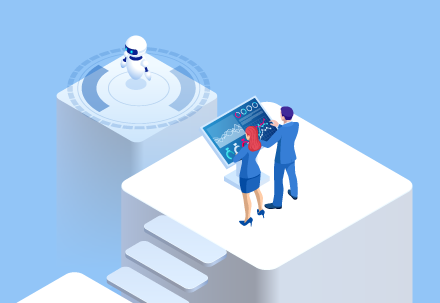Contact Us







If your network blocks YouTube, you may not be able to view the video on this page. In this case, please use another device. Pressing play on the video will set third-party YouTube cookies. Please read our Cookies Policy for more information.